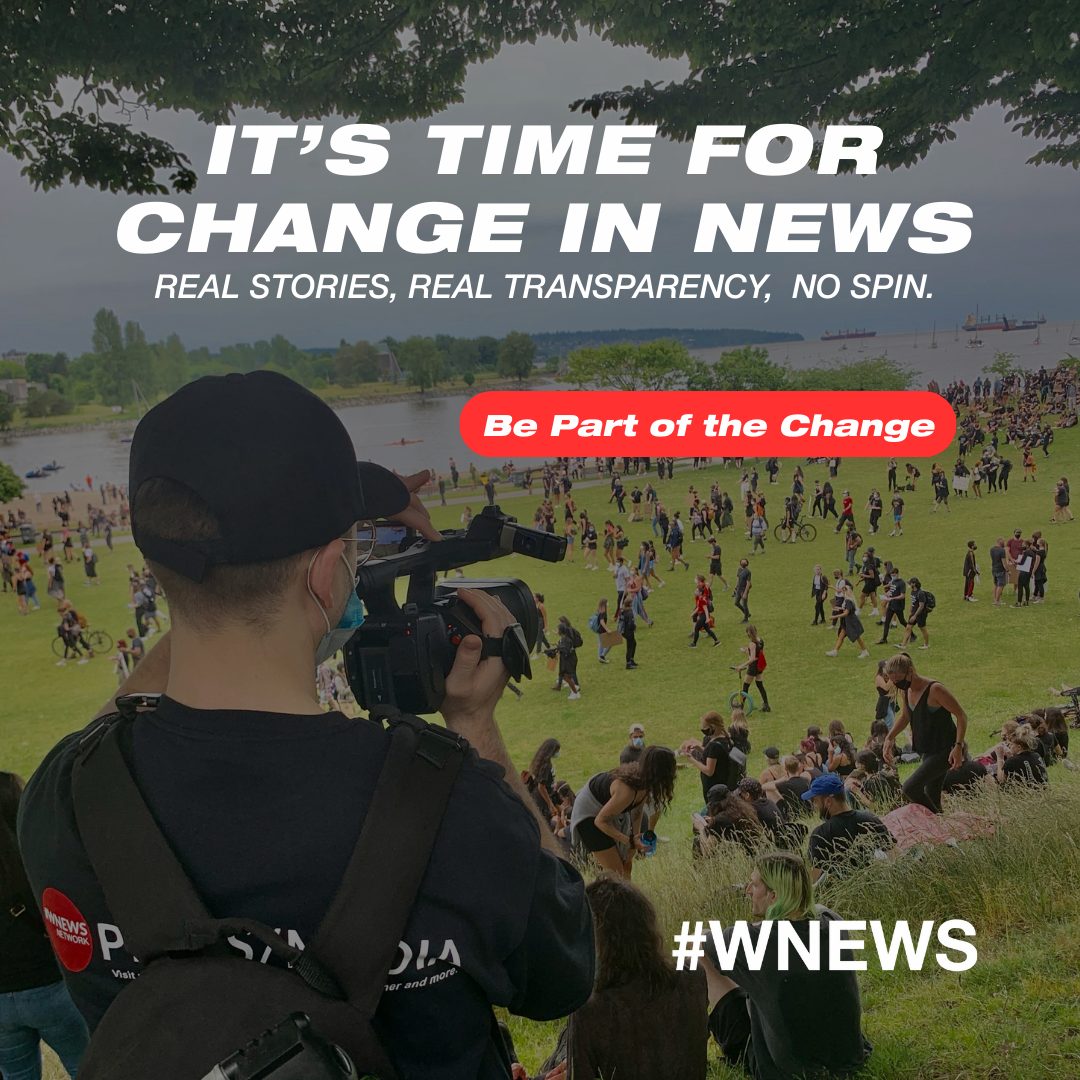Edmonton, AB (WNews) – Alberta’s COVID-19 vaccine passport program will end at midnight on Tuesday, Premier Jason Kenney announced.

Step One starts at Midnight tonight and includes the following:
- Restrictions Exemption Program removed, along with most associated restrictions.
- Capacity limits in large facilities and entertainment venues (500+) remain in place, food and beverages are now allowed in seats.
- Capacity limits for locations not covered under the REP program are lifted.
- Mandatory masking requirements removed for:
- children 12 and under in all settings as of February 14
- children and youth in schools for any age as of February 14
He said his government will follow a three-step plan to remove restrictions, saying “Alberta will move on but will do so carefully, according to Prudent.” He said most restrictions affecting children and youths will be lifted this weekend, including requirements for children 12 and under to wear masks. As he’d previously promised, the restrictions exemption program — Alberta’s version of the vaccine passport — was first to go.
“It is clear that we passed the peak of our current infections about three weeks ago and are now seeing the result as COVID-related hospital admissions are declining,” Kenney said at a news conference.
“It has always been the government’s approach to keep public health measures in place only so long as they are absolutely necessary to protect public health and our health-care system throughout the pandemic.”
For venues with a capacity of less than 500, such as libraries and places of worship, capacity limits will be removed at midnight. Food and beverage consumption will be allowed in venues where audiences are seated.
Facilities with a capacity of 500 to 1,000 will continue to be limited to 500. In contrast, facilities with a capacity for more than 1,000 people will be limited to 50 percent.
Also, part of the first phase, children aged 12 and under will be exempt from all masking requirements; in schools, masking requirements will be lifted for students of all ages. Both those measures take effect on Monday.
“The threat of COVID-19 to public health no longer outweighs the hugely damaging impact of health restrictions on our society, on people’s mental health, on their emotional wellbeing, on our broader social health,” Kenney said.
Mask Mandate to be Dropped on March 1, depended on hospitalization numbers
“So now is the time to begin learning to live with COVID.”
Kenney said his government’s COVID-19 cabinet committee earlier today approved a number of changes to the province’s pandemic response, including scrapping REP.
In the event that hospitalization numbers continue to decline, Step Two will take effect on March 1. Those changes include:
- Any remaining provincial school requirements (including cohorting) will be removed.
- Screening prior to youth activities will no longer be required.
- Capacity limits will be lifted for all venues.
- Limits on social gatherings will be eliminated.
- The provincial mask mandate will be removed.
- Mandatory work from home removed.
Depending on hospitalization rates, Step 3 will be implemented when appropriate, Kenney explained. This phase will see COVID-specific measures in continuing care removed and mandatory isolation becoming a recommendation only.
COVID-19 is an Endemic
COVID-19 is transitioning from the pandemic to endemic stage in the province, says Health Minister Jason Copping.
“There will be periods of uncertainty,” Copping said. “COVID-19 will be with us for a very long time and we will see times when COVID-19 infections will be higher than normal.
“But please rest assured we will continue to closely monitor the health-care system and we will take action when necessary to alleviate pressure in future waves or spikes.”
Alberta’s chief medical officer of health said there has never been one right path to deal with COVID.
“Every path has advantages and disadvantages that must be carefully weighed,” said Dr. Deena Hinshaw.
“As the province moves to eventually treat COVID-19 more like other infectious diseases it is essential that each of us continue to do our part to keep those around us healthy and safe.”
Step Three will occur later on which the date will be determined. The changes in Step Three will include:
– Covid-19 operation and outbreak protocols lifted in continuing care facilities
– Mandatory isolation removed (becomes a recommendation only).
Kenney believes the number of COVID-19 infections in Alberta involving the Omicron variant peaked about three weeks ago. In recent weeks, the number of active cases in the province has dropped steadily, with hospital admissions related to the Coronavirus declining.
In addition to the announcement, protesters continue to impede traffic near Coutts, Alta., affecting traffic north and south of the Canadian-U.S. border.
Alberta’s hospitals currently have 1,623 patients, up from 1,542 on Monday. There are 129 patients in ICU up from 118 patients Monday. Thirteen more deaths were reported on Tuesday.
Alberta is not alone in lifting restrictions. The Saskatchewan premier announced on Tuesday that Saskatchewan will end its vaccine passport policy on Monday, Feb. 14. Ontario and Quebec have also signaled their intentions to ease mandates aimed at containing the spread.
Alberta has reported 3686 COVID-19 deaths since the pandemic began.







